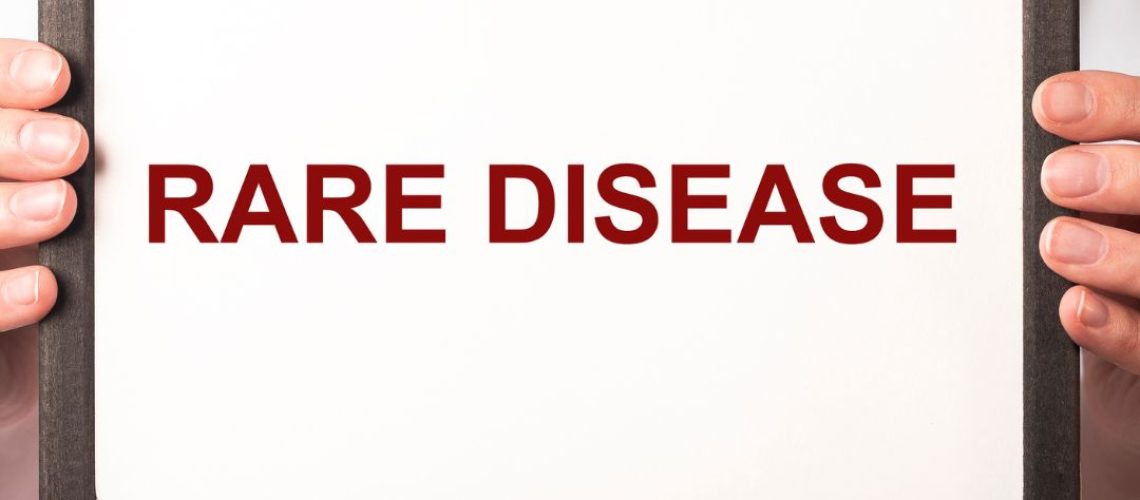Rare Disease Day is an annual event that aims to raise awareness about rare diseases and the challenges faced by those affected. In this blog post, we will explore the history of Rare Disease Day and delve into its significance in creating a more inclusive and supportive world for individuals with rare diseases.
What is Rare Disease Day?
Rare Disease Day is a global observance held on the last day of February each year. It serves as a platform to educate the public, policymakers, and healthcare professionals about rare diseases and their impact on individuals and society. A rare disease, also known as an orphan disease, is a condition that affects a small percentage of the population. These diseases are often complex, debilitating, and require specialized care.
History of Rare Disease Day:
Rare Disease Day was first launched in Europe in 2008 by EURORDIS (European Organization for Rare Diseases) and its Council of National Alliances. The primary objective was to unite patient organizations, healthcare professionals, researchers, and policymakers to raise awareness about rare diseases and advocate for better support and resources. The inaugural Rare Disease Day saw participation from 18 countries, and since then, it has grown into a global movement with over 100 countries actively involved.
The significance of Rare Disease Day:
Rare Disease Day plays a crucial role in raising awareness about rare diseases and the challenges faced by individuals living with these conditions. It aims to break down barriers and promote understanding and empathy among the general public. By shedding light on these often overlooked diseases, Rare Disease Day encourages individuals, organizations, and governments to take action and support those affected.
One of the key goals of Rare Disease Day is to improve access to treatment and care for individuals with rare diseases. Many rare diseases lack effective treatments, and individuals often face significant delays in diagnosis and limited access to specialized healthcare services. Rare Disease Day advocates for equal access to healthcare, social support, and financial assistance for individuals with rare diseases.
Rare Disease Day also serves as a catalyst for research and innovation. It brings together scientists, researchers, and pharmaceutical companies to collaborate on developing new treatments and therapies for rare diseases. The day highlights the importance of early diagnosis and timely access to appropriate healthcare services, which can significantly improve the quality of life for individuals with rare diseases.
In addition to raising awareness and promoting research, Rare Disease Day has a significant impact on policy and legislation. It advocates for the inclusionPractices and policies designed to identify and remove barriers such as physical, communication, and attitudinal, that hamper a person’s ability to have full participation in society, the same as people without disabilities. of rare diseases in national healthcare agendas, ensuring that individuals with rare diseases have equal access to healthcare and support services. The day also promotes the development of orphan drug policies, which provide incentives for the research and development of treatments for rare diseases.
Rare Disease Day serves as a powerful reminder that individuals living with rare diseases should not be forgotten or left behind. It brings together individuals, organizations, and governments to create a more inclusive and supportive world for those affected by rare diseases. By raising awareness, advocating for better resources, and fostering collaboration, Rare Disease Day plays a vital role in improving the lives of millions of people worldwide. Let us join hands and stand in solidarity with the rare disease community, ensuring that their voices are heard and their needs are met. Together, we can make a difference and bring hope to those fighting rare diseases.

